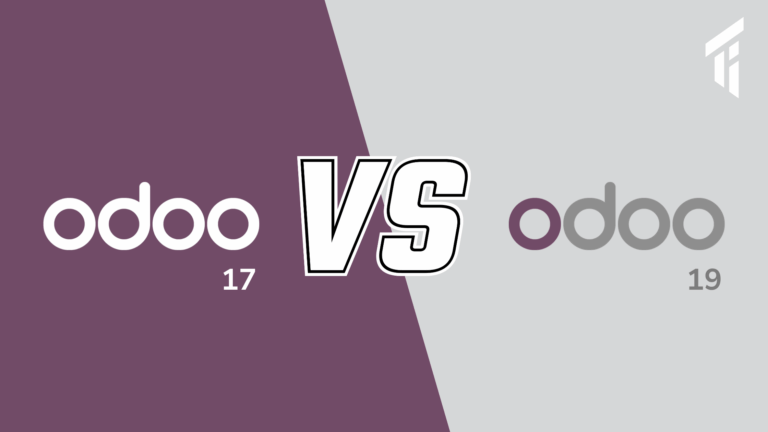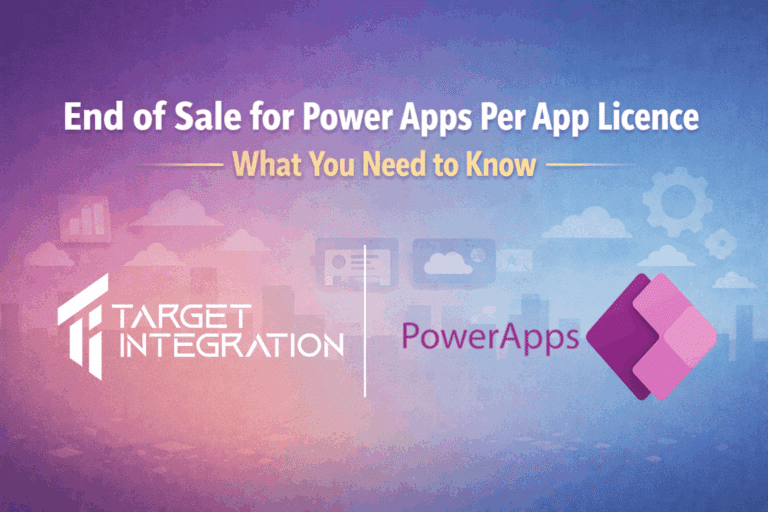Industry Expertise
- Experience in your sector The partner should have proven experience in your industry, understanding your specific challenges, regulations, and business dynamics.
- Case studies and references Look for examples of successful transformations they have implemented in similar industries.
Technology Expertise
- Competence in relevant technologies The partner must have expertise in the technologies critical to your transformation.
- Partnerships with leading tech providers Look for certifications or partnerships with key technology vendors (e.g., AWS, Microsoft Azure).
- Innovation and forward-thinking The partner should adopt new trends and provide access to cutting-edge solutions.
Proven Track Record and Credibility
- Portfolio of successful projects Evaluate their track record of delivering similar digital transformation initiatives.
- Reputation in the market Consider third-party reviews, analyst reports, and industry awards to gauge their reputation.
Cultural Fit and Collaboration Style
- Cultural alignment The partner should align with your organization’s culture and values.
- Communication and transparency Assess their approach to project updates, managing risks, and stakeholder engagement.
End-to-End Capabilities
- Comprehensive service offering Look for a partner that can support your entire digital transformation journey.
- Change management expertise Ensure they have strong capabilities in change management.
Scalability and Flexibility
- Scalability to match your needs The partner should be able to scale resources, solutions, and technologies in line with your business needs.
- Customization and flexibility Ensure they can tailor their solutions to your specific business requirements.
Data Security and Compliance
- Strong cybersecurity practices The partner must have robust data security and risk management protocols.
- Compliance with regulations Ensure they are well-versed in the regulatory landscape of your industry.
Customer-Centric Approach
- Focus on customer experience TA good partner should emphasize improving the customer journey and experience.
- UX/UI capabilities Check whether they have strong user experience (UX) and user interface (UI) design skills.
Agile and Adaptive Methodology
- Agile project management The partner should employ agile methodologies allowing for iterative development.
- Continuous innovation A good partner should commit to continuous improvement.
Cost and ROI Measurement
- Transparent pricing model Look for a partner that offers transparent pricing and clear cost structures.
- ROI and performance tracking The partner will define key performance indicators (KPIs) and measurable outcomes.
Integration and Interoperability
- Integration with existing systems Your partner should be skilled at integrating new technologies with your legacy systems.
- Interoperability Ensure they design solutions that can work well across different platforms and tools.
Post-Implementation Support and Training
- Ongoing support and maintenance Choose a partner that offers post-implementation support.
- Training and upskilling The partner should provide thorough training to your internal teams.



